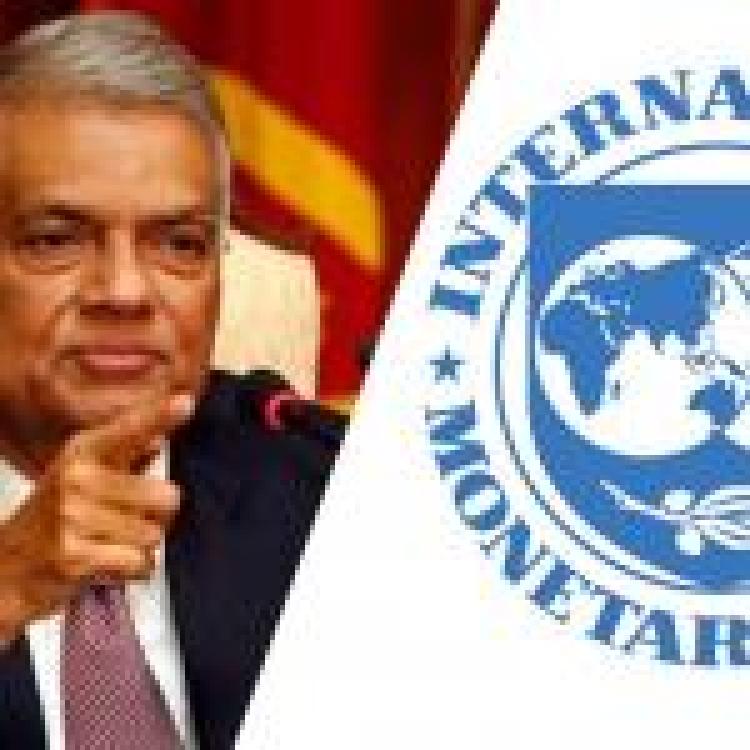
Sri Lanka is aiming to negotiate a debt restructuring with holders of its defaulted US dollar bonds within “a couple of months”, the bankrupt south Asian nation’s central bank governor said, despite complaints by private creditors that no "substantive engagements" have occurred and that there is a "lack of transparency" with government creditors.
Nandalal Weerasinghe, head of the Central Bank of Sri Lanka, told the Financial Times that “we need to reach an agreement within a couple of months” on restructuring the $13bn of debt as he dismissed worries that negotiations have become bogged down.
But a resolution of Sri Lanka’s default has gone on much longer than had widely been expected, reflecting what investors see as the breakdown of the international framework for resolving sovereign debt disputes.
Last year Wickremesinghe’s government negotiated preliminary deals to restructure about $10bn in debts that were due to bilateral creditors led by China, Japan and India. It also secured a restructuring of local currency debts, helping Sri Lanka to continue accessing $3bn in rescue loans from the IMF.
But in December an international bondholder committee that included fund firms BlackRock and Amundi said that “no substantive engagement has taken place between Sri Lanka and its private creditors”. Sri Lanka needs such a deal to keep loans flowing and eventually to return to market borrowing.
The committee also complained of “a significant lack of transparency” from government creditors about details of the terms that they offered Sri Lanka. Bondholders are looking for more details in order to formulate their own debt relief proposal.
There has been no real progress even after these statements, said people familiar with the bondholders’ thinking, citing a lack of feedback from the government about proposals on how to restructure the bonds.
Sri Lankan banks that own external debt also need a speedy resolution to the situation in order to revive lending to the economy, people familiar with their position said.
Sri Lanka will need to show it is still talking to bondholders in good faith in order to secure the next $330mn tranche of the IMF programme, which is up for review in March. It also faces the risk that it will be meeting some creditors in the courts rather than around a negotiating table.
Hamilton Reserve Bank, a St Kitts and Nevis-based creditor that is not part of the bondholder committee, has been seeking immediate repayment on about $250mn of Sri Lanka debt through the US courts.
In November, a judge stayed the case until February 29 in order to allow negotiations with other bondholders to proceed
A ruling in Hamilton Reserve Bank’s favour would complicate talks even if its claim would be difficult to enforce, and might lead other frustrated creditors to turn to the courts, the people familiar with bondholders’ thinking said.
Under its IMF programme, Sri Lanka is undergoing a series of economic reforms including raising taxes and privatising state companies such as its national carrier Sri Lankan Airlines.
read more here

